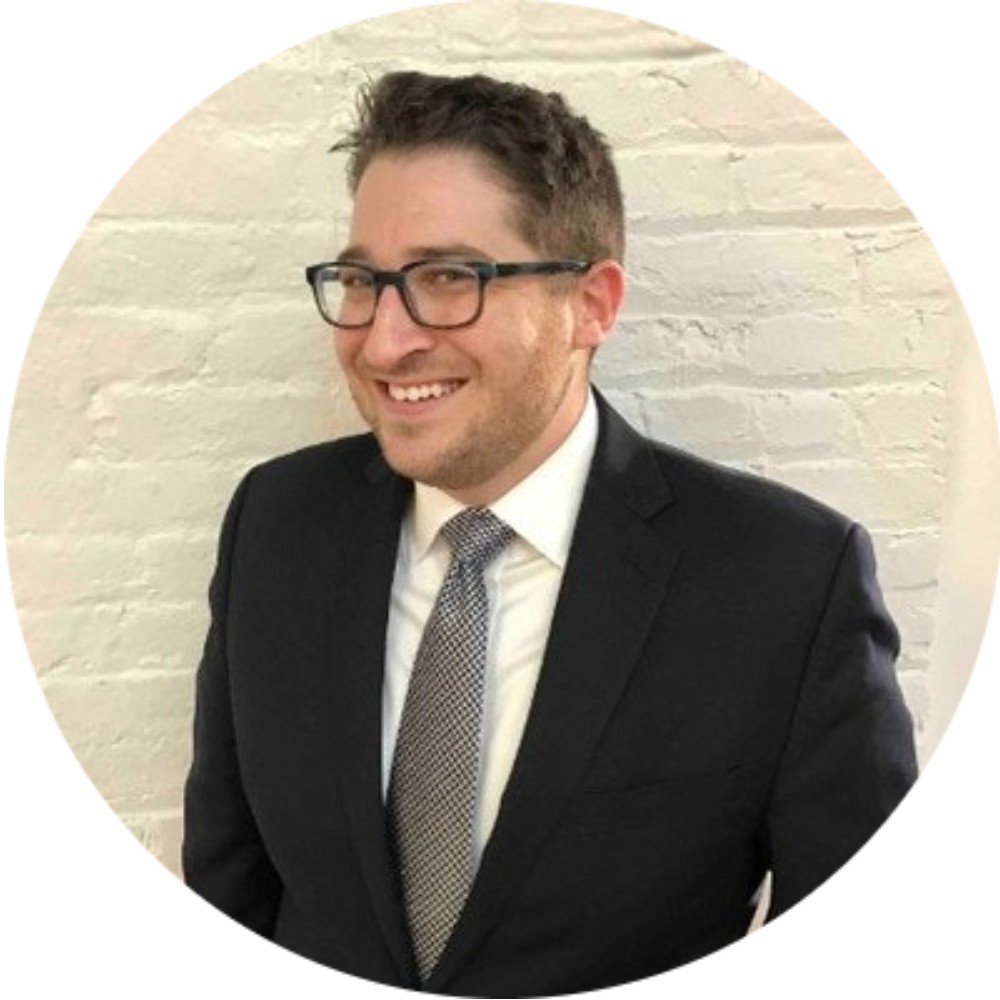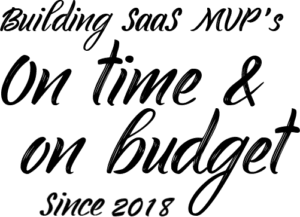The real estate industry is broad, and sometimes finding detailed data can be a difficult task. Compstak, a real estate data company, promises to give you ample experience by providing comprehensive data you would otherwise have difficulties finding.
Michael says they collaborate with approximately 30,000 commercial real estate appraisers, brokers, and research experts who share on the Compstak platform. What information do these experts share? Listen to the podcast to find out.
As the team of professionals shares data on the Compstak platform, they give Michael and his team a comprehensive database comprising all deals in the market. Compstak then sells subscription access to allow their clients access to the data. According to Michael, the company is popularly known for its lease comps, and he explains what these are. Get details from the podcast.
Michael says sharing unique, recent, and comprehensive data on Compstak earns clients attractive credits. If they (clients) want to retrieve the data, they can leverage their credits to do so. Listen to the podcast for more insights on how this approach works. 50% of people who give Michael and his team data are brokers, while the remaining 50% are people working in real estate brokerage firms.
Compstak members can use a wide range of methods to submit data, which Michael talks about in the podcast. The team has also devised software to ease the process of uploading data while making it as efficient as possible.
Michael's stint as a commercial real estate worker gave him massive experience which played a major role in founding Compstak. He says their mode of operation was inefficient and that pushed him into devising an easy to use and more effective platform. Michael gives a detailed explanation of how clients leverage their data to achieve results. Listen to the podcast and learn.
Compstak has evolved over the years and Michael says they have learned the importance of leveraging crowdsourcing to collect data. He mentions another crucial crowdsourcing lesson, which you can figure out from the podcast.
Michael's co-founder who is also the technical expert was working for Compstak full time before Michael joined him even though the company was inexistent then. He (Michael) mentions the process he went through before finally getting a technical person he could partner with. Get the details from this podcast.
According to Michael, collaborating with a technical expert is critical, especially if you do not have the technical know-how. He supports his sentiments with an example, which you cannot afford to miss. Starting and building a company can be a tedious and time-consuming process.
Michael explains how his initial days looked like as he sought data from every broker he knew. Every startup entrepreneur needs to listen to this part of the podcast. Earning your first customer is not a walk in the park.
After launching Compstak in January 2012, it was not until nearly 10 months later that Michael and his team got their first paying client. How did Michael and his team come up with the pricing? While Michael does not remember the details, he says they researched around to determine what their competitors were charging.
Raising money to fund the business was not an easy process. After a year of trying to figure out how to raise money, Michael and his team got angel investors before working with micro venture capitalists. At some point Michael joined the 500 startups accelerator which he admits was a great experience. Listen to the podcast for more details on the accelerator experience.
Collaborating with big companies can be both a good and a bad idea. Michael talks about his experience working with a big company. Listen to the podcast for more insights. He also discusses a few mistakes they made along the way. This part is a must-listen for startups and already established entrepreneurs. Michael concludes the podcast by telling listeners to appreciate the small breaks as much as they do big ones.



